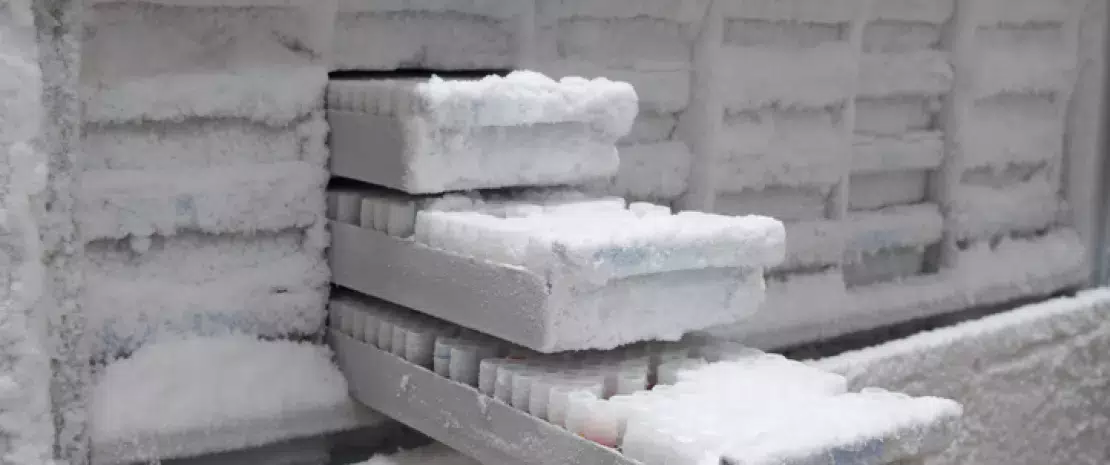Improving the definition of stool banks to promote the widespread adoption of FMT
On June 22, 2019, several international experts in fecal microbiota transplant–or stool transplant–met in Rome to come to an agreement regarding the direction that should be given to stool banks and provide a Good Practice Guide with the purpose of promoting the availability of this technique.
- Learn all about microbiota
- Microbiota and related conditions
- Act on your microbiota
- Publications
- About the Institute
Healthcare professionals section
Find here your dedicated section
Sources
This article is based on scientific information

About this article
Fecal microbiota transplant (FMT) is now a recognized treatment for recurrent Clostridium difficile infection (CDI), but it is not thriving the way it should. This could be due to the lack of specialized centers, difficulties to recruit donors or complexity of procedures. By reducing hospital administrative burden, stool banks could help the widespread adoption of this technique. However, their legislation, organization and structure are too diverse to provide everyone with the same guarantees.
Around thirty experts came together to establish a single definition of stool banks and prepare a Good Practice Guide. After reviewing the scientific literature, they reached a consensus on 6 topics: 1) general principles of FMT and stool bank; 2) selection and screening of donors; 3) collection, preparation and storage of stools; 4) services and clients; 5) records, result monitoring and ethical issues; 6) update of clinical applications of FMT.
Key recommendations
Here are some of the 40 recommendations that they issued, aiming at promoting secure stool donation:
• Ensuring the protection of personal data;
• Only a gastroenterologist, a microbiologist or an infectious diseases specialist, with expertise in FMT, is eligible to be a stool bank director;
• Fecal suspensions are intended only for the treatment of CDI and for research, provided that the studies have been approved;
• Stool banks are under the control of their country's regulatory authorities;
• Fecal microbiota donation is voluntary, but a financial compensation is possible according to the country and applicable regulations;
• Donor recruitment is conducted based on a questionnaire that assesses all risk factors, and that needs to be filled out before each donation; inclusion criteria: being–ideally–less than 50 years old and be exempt of multidrug-resistant infections;
• Stool traceability is based on a unique bar code; the time between their collection and their storage at -80°C during a maximum of 2 years, should not exceed 6 hours;
• Finally, experts suggest that FMT indications should be extended to the most severe cases of CDI, as well as to children.
The only validated indication for FMT is recurrent Clostridioides difficile infection. This practice may present health risks and must be performed under medical supervision, do not reproduce at home!
The Biocodex Microbiota Institute is dedicated to educate about human Microbiota for General Public and Healthcare Professionals, it doesn't give any medical advice.
We recommend you to consult a healthcare professional to answer your questions and demands.
Sources:
Cammarota G, Ianiro G, Kelly Colleen R. et al. International consensus conference on stool banking for faecal microbiota transplantation in clinical practice. Gut 2019; 68: 2111–2121.











